France bans common plastic bags from supermarkets

The ban is in effect since the 1st of July and covers single-use plastic bags mostly used in supermarkets and grocery stores check-outs
The ban is in effect since the 1st of July and covers single-use plastic bags mostly used in supermarkets and grocery stores check-outs
An average plastic bag takes one second to make, is used for roughly 20 minutes and takes up to 400 years to degrade naturally. According to the French Minister of Environment, some 17 billion plastic bags are used in the country each year, out of which 5 billion are handed out at check-outs. The bad news is that across Europe, an estimated 8 billion are just discarded in nature. The new French legislation bans the use of common plastic bags with a capacity ‘smaller than 10 liters and with a thickness less than 50 microns’, even the bio-degradable ones. This measure will concern supermarkets, pharmacies, bakeries, petrol stations, covered and open-air markets. However, it will be reinforced on January 1st, 2017 when little bags for fruit, vegetables, meat or fish will be banned as well. The plan is to replace them with 'domestically compostable bags made in full or in part from bio-sourced materials’, meaning a blend of plastic and cornstarch or potato starch, which could be composted by consumers and decompose in water and in CO2.
The EU as a whole has recently adopted a new law to try to reduce single-use plastic bag consumption by 80% in the next 15 years, as each EU citizen uses almost 200 plastic bags on average every year. France wishes to move faster than the European legislation and hit this target earlier. In order to reach the goal, EU members should bring down the number of lightweight plastic bags used by each person to 90 bags per year by the end of 2019 and to no more than 40 bags by 2025. They could also put an end to plastic bags being given away for free by the end of 2018.
Despite the environmental benefit that this law will induce, there are worries that it will result in increased prices for the consumer, while there are also concerns that shops will simply import cheap paper bags from abroad to replace the plastic ones, with a negative impact on the environment. Additionally, the Federation of plastics has warned that the ban threatens 3,000 jobs in the recycling industry. Other critics say plastic bags will now just have to be made thicker even though the aim of the law was to reduce consumption of materials.
Source: Euronews
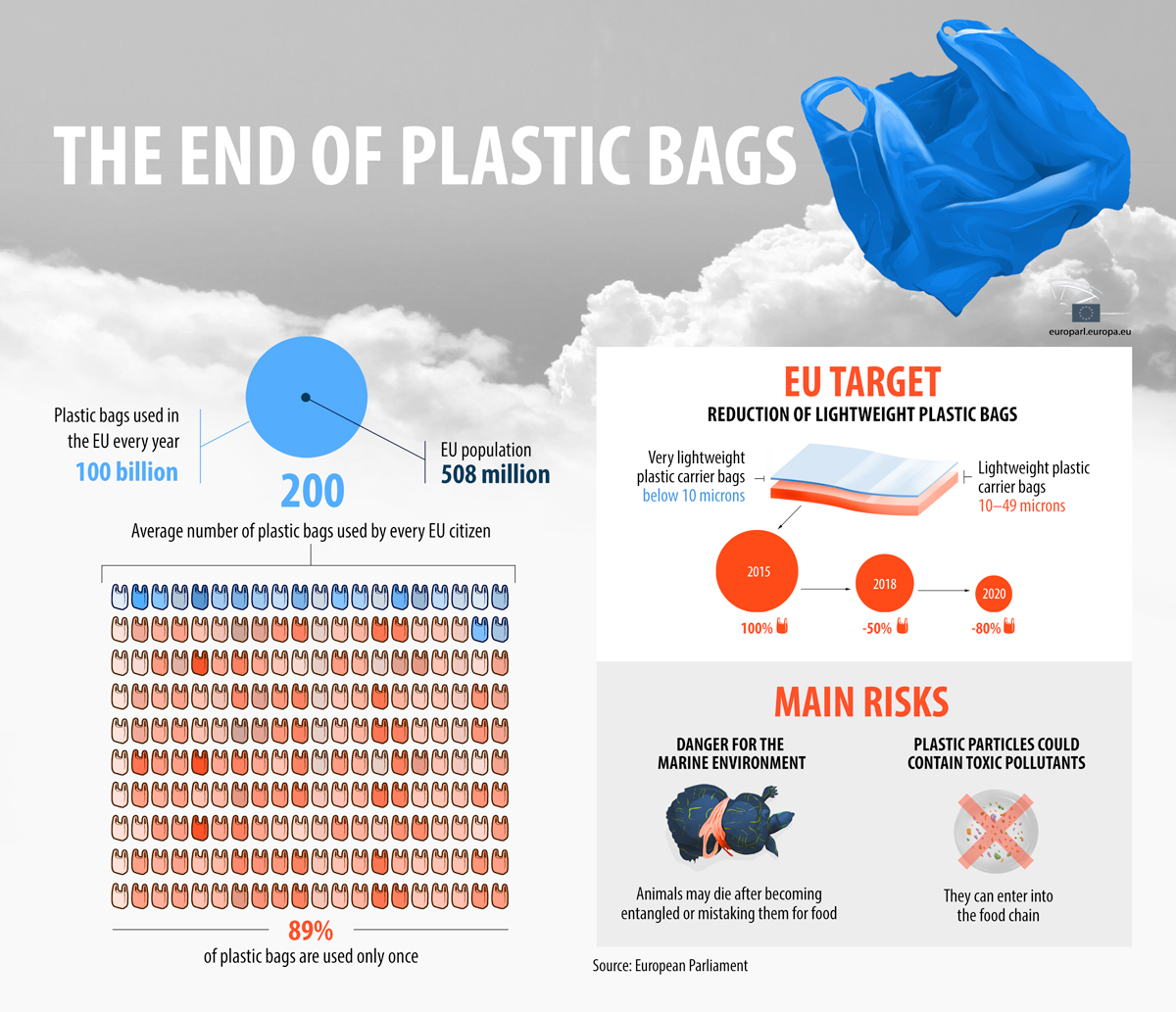
Source: Euronews
Want to read more like this story?

‘Plastic’ bags made from potato and tapioca
Mar, 27, 2017 | NewsThey are not only biodegradable, but edible too! They are not only biodegradable, but edible too!...
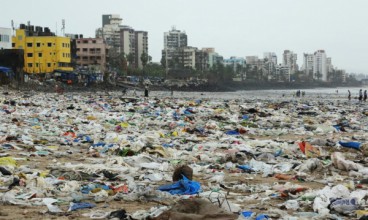
Indonesia pledges $1 billion annually to tackle ocean pollution
Mar, 22, 2017 | NewsThe country is the second largest plastic polluter in the world after China The country is the se...

The plastic pollution problem in charts
Dec, 11, 2017 | NewsThe total volume of all plastic ever produced has been calculated at 8.3 bn tonnes (the equival...

Plastic bags in Cameroon are turned into durable and sustainable floor tiles
Dec, 25, 2017 | NewsAn innovative way to deal with the thousands of plastic bags thrown away An innovative way to deal...
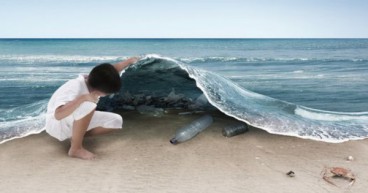
By 2050, there could be more plastics than fish in the oceans!
Mar, 04, 2016 | NewsIn a business-as-usual scenario, the ocean is expected to contain 1 ton of plastic for every 3 tons...
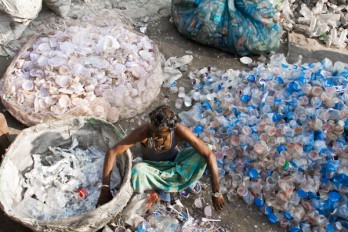
India bans disposable plastic in its capital
Feb, 17, 2017 | NewsDelhi takes a step forward towards fighting plastic pollution Delhi takes a step forward towards...

Giant sculptures made entirely out of plastic found on our beaches
Apr, 13, 2016 | NewsTime to reconsider the use and end-of-life management of plastic Time to reconsider the use and e...
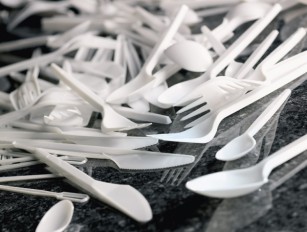
France bans plastic cups, plates and cutlery starting in 2020
Sep, 26, 2016 | NewsThey must be replaced by ones made of 50% biologically-sourced materials, biodegradable and home-com...
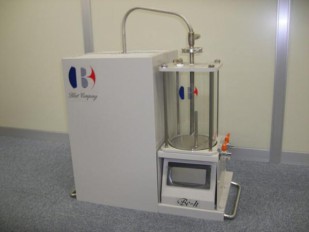
This machine produces oil from plastic waste
Mar, 31, 2017 | NewsA household appliance that converts plastic bags into fuel was invented by a Japanese man A house...
Trending

Vertical gardens in Mexico City to combat pollution

Saudi Park Closed After 360 Big Pendulum Ride Crashes to Ground, 23 injured

Characteristics of Load Bearing Masonry Construction

Taipei 101’s impressive tuned mass damper
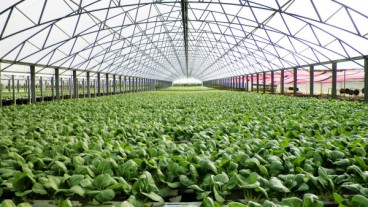
Dutch greenhouses have revolutionized modern farming

Federal court rules Biden’s offshore drilling ban unlawful


